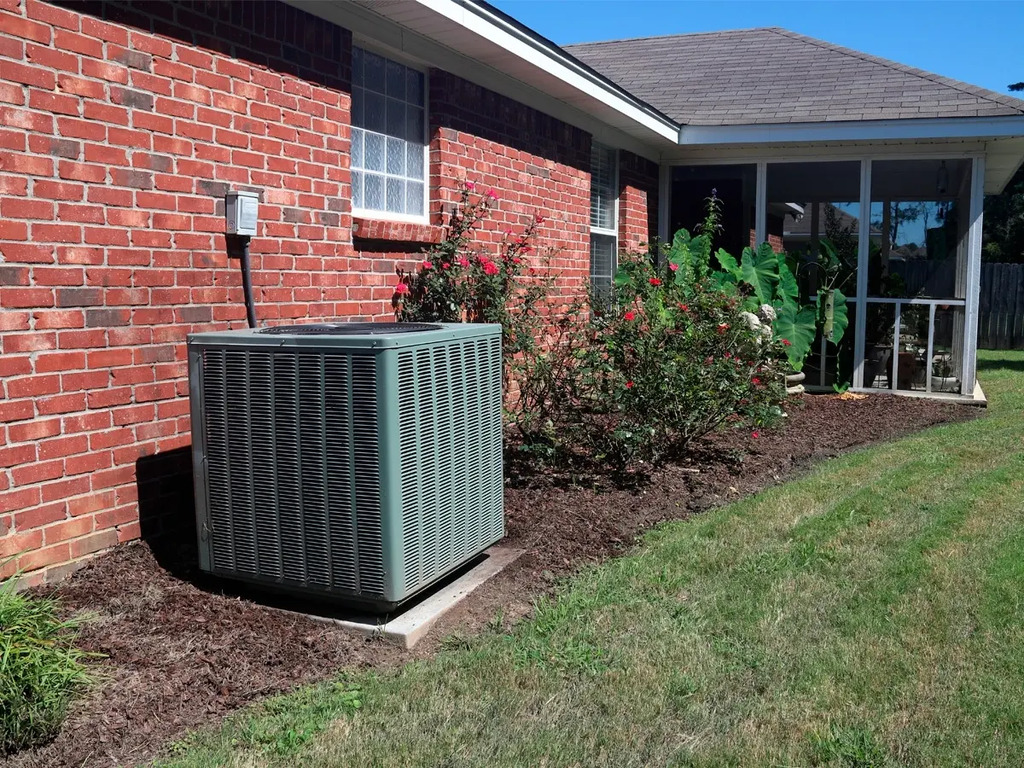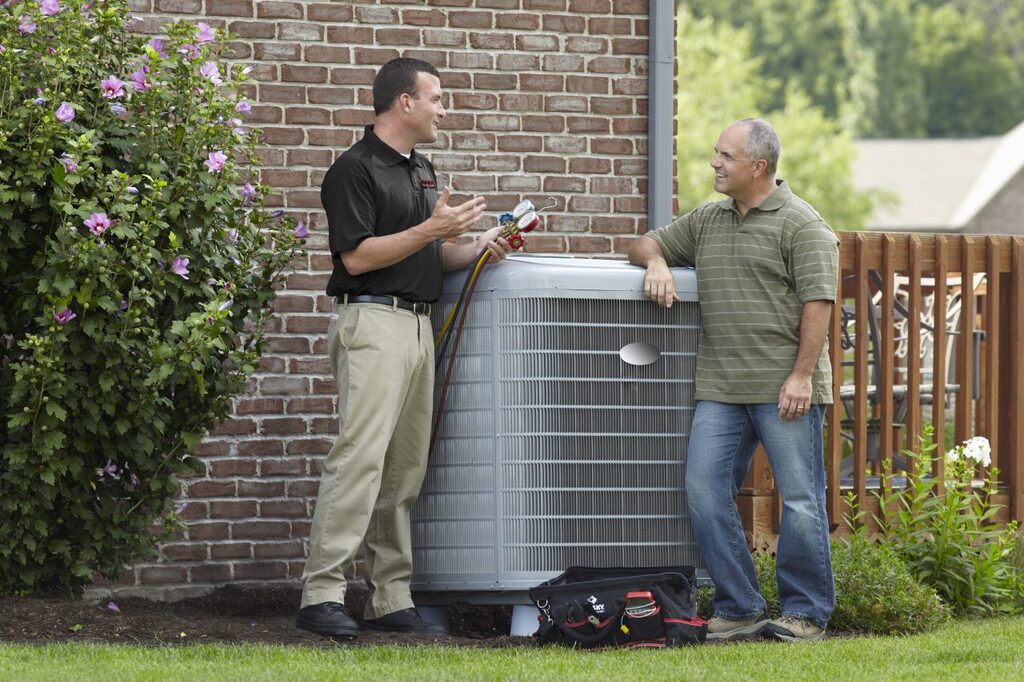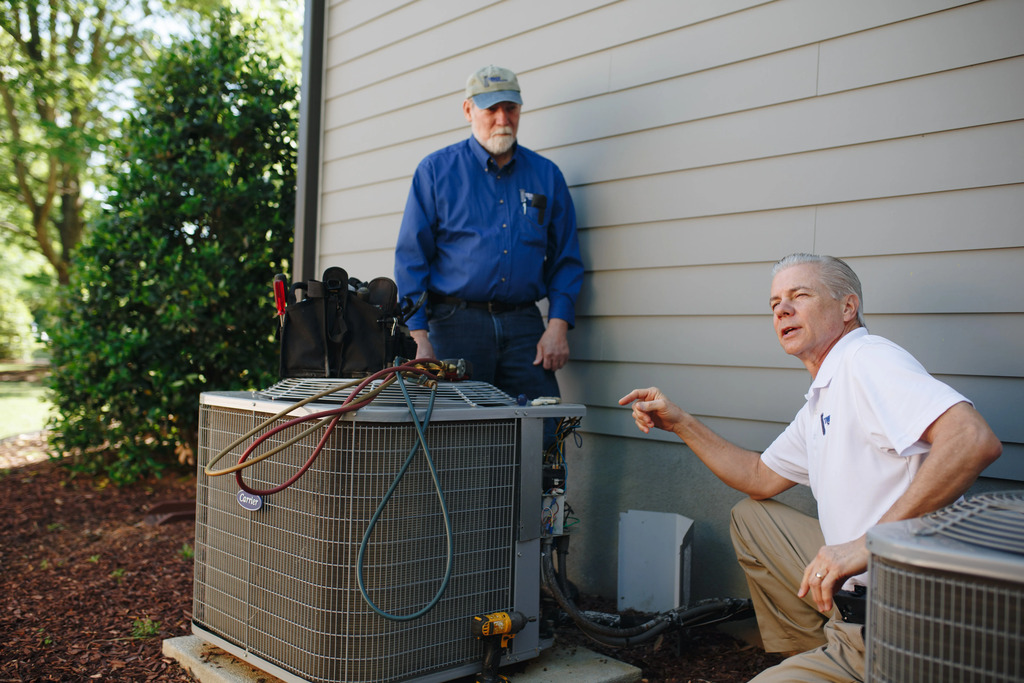Explore this post with:
Spring maintenance of your central heating system is an important task that should not be overlooked. As the weather begins to warm up, it’s a good time to check your heating system to ensure it’s in good working order and ready for the next heating season. In this maintenance process, you’ll need to check for any signs of wear and tear, clean and replace filters, and check for leaks and other issues that may impact the performance of your heating system.
Regular maintenance of your central heating system can help to extend its lifespan, reduce energy bills, and improve indoor air quality. And that’s the same whether you have cheap column radiators or newer designer-influenced radiators. By taking the time to perform spring maintenance, you can ensure that your heating system is functioning efficiently and effectively, which can help to keep your home comfortable and safe throughout the year.
Don’t forget that it’s important to follow the manufacturer’s instructions and safety precautions when working on your heating system. If you’re not comfortable performing these tasks on your own, it’s best to hire a professional heating technician to help you. With proper maintenance, you can enjoy a reliable and efficient heating system for many years to come.
Bleed the Radiators

Bleeding a radiator involves releasing any trapped air that may be preventing the radiator from heating up properly. Here’s how to bleed a radiator:
- Turn off your heating system and allow the radiator to cool down completely.
- Locate the bleed valve at the top of the radiator. This is usually located on one of the sides and is a small valve with a square or hexagonal head.
- Place a cloth or towel underneath the bleed valve to catch any water that may escape.
- Use a radiator key or a flathead screwdriver to turn the valve anti-clockwise. You should hear a hissing sound as the air escapes.
- Keep the valve open until water begins to trickle out. This indicates that all the air has been released.
- Once water is coming out of the valve, close it by turning it clockwise.
- Wipe up any water that may have spilled, and check the pressure gauge on your heating system to ensure it’s at the correct level.
- Turn your heating system back on to see if the radiator is heating up properly.
- If necessary, repeat the process for any other radiators in your home that may need bleeding.
It’s a good idea to bleed your radiators at least once a year, especially before the winter months when you’ll rely heavily on your heating system. This will help ensure that your radiators are working efficiently and effectively.
Ensure Radiators Are Free of Sludge

Radiators can accumulate sludge over time, reducing their efficiency and effectiveness. To clear radiators of sludge, you can follow these steps:
- Turn off your heating system and allow the radiators to cool down.
- Locate the radiator valve at the bottom of the radiator and close it by turning it clockwise.
- Place a bowl or container under the valve to catch any water that may leak out.
- Use a radiator key to open the bleed valve located at the top of the radiator. This will allow any air to escape.
- Attach a hose to the valve at the bottom of the radiator and place the other end of the hose into a bucket or container.
- Open the valve and allow the water to drain out of the radiator. This may take several minutes.
- Once the water has stopped flowing, close the valve and remove the hose.
- Refill the radiator with water and turn on your heating system.
- Repeat the process for each radiator in your home.
If the sludge buildup is severe, you may need to use a specialized radiator cleaner or hire a professional to perform a power flush of your heating system. It’s also a good idea to have your heating system regularly serviced to prevent sludge buildup from occurring in the first place.
Check Pipework for Leaks

Leaks in a home radiator system can have several repercussions, including:
Reduced Efficiency
A leak in the radiator system can cause a drop in pressure, which can reduce the efficiency of the heating system. This can result in higher energy bills and a less comfortable living environment.
Water Damage
Leaks in the radiator system can cause water damage to your home’s walls, floors, and ceilings. This can be costly to repair and can also lead to the growth of mold and mildew, which can be harmful to your health.
Boiler Failure
If the pressure in the radiator system drops too low due to a leak, this can cause the boiler to shut down or even fail. This can be expensive to repair or replace.
Health Risks
Water leaks can create a breeding ground for bacteria and other microorganisms, which can be harmful to your health. This can include respiratory issues and other health problems.
Fire Hazard
In rare cases, a leak in the radiator system can come into contact with electrical wiring, creating a fire hazard.
To check the radiator system for leaks, follow these steps:
- Turn off your heating system and allow the radiators to cool down completely.
- Check each radiator for signs of corrosion or rust. This can indicate a leak or potential leak in the system.
- Check the floor around the radiators for any water damage or staining signs. This can indicate a leak in the pipes or connections.
- Check the pipes and connections leading to and from the radiators for any signs of moisture or dripping water.
- Use a flashlight to inspect the back of the radiator for any signs of water or moisture.
- Check the pressure gauge on your heating system to ensure it’s at the correct level. If the pressure is consistently dropping, this may indicate a leak in the system.
- If you suspect a leak, you can use a radiator leak sealant designed to seal small leaks in the system. However, if the leak is large or if you’re unsure how to fix it, it’s best to call a professional plumber or heating engineer to repair the leak.
It’s a good idea to check your radiator system for leaks on a regular basis, especially before the winter months when you’ll be relying on your heating system more heavily. This will help ensure that your system is functioning properly and efficiently.
When to Call in a Central Heating Engineer
You should call in a central heating engineer if you notice any of the following issues with your heating system:
- Lack of heat: If your heating system is not providing enough heat, or if it’s not heating up at all, this could indicate a problem with the boiler, radiators, or other components.
- Strange noises: If you hear banging, hissing, or other unusual noises coming from your heating system, this could indicate a problem with the boiler or pipes.
- Water leaks: If you notice any water leaks around your heating system or radiators, this could indicate a problem with the pipes or connections.
- Unusual smells: If you notice any unusual smells coming from your heating system, such as a burning smell, this could indicate a problem with the boiler or other components.
- Carbon monoxide detector alerts: If your carbon monoxide detector goes off, this is a serious safety hazard, and you should call in a heating engineer immediately.
Conclusion
In general, if you’re experiencing any issues with your heating system or if you’re unsure about its safety or efficiency, it’s best to call in a central heating engineer. They have the expertise and experience to diagnose and repair any problems with your heating system and can help ensure that it’s functioning safely and efficiently.
Discover More
About the Author: Nishant Desai
Nishant Desai has over 8+ years of experience in SEO and blogging. His blogging expertise can organically increase online visibility and traffic for blogs and websites. With his SEO expertise, he has already contributed to iGeeksblog, Firstsportz, and Firstcuriosity. In addition, he can create content strategies, conduct keyword research, publish optimized blogs, and resolve technical issues.




